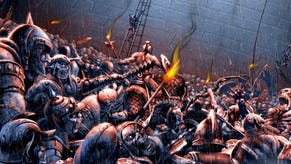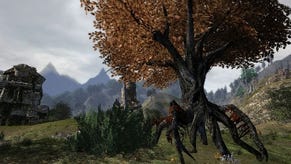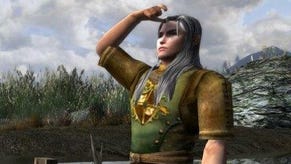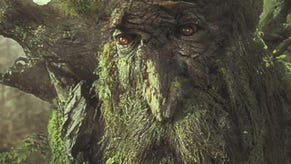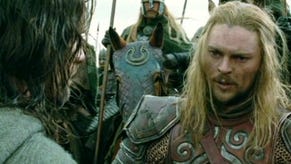The Lord of the Rings Online: Shadows of Angmar
Pure Shire.
If you cast your mind back to last April, you might remember something curious about the launch of Lord of the Rings Online: how smooth it was. There were very few bugs, despite the usual array of gameplay complaints, and a straight 9/10 score from our resident hardman Rob. No launch had been so professional in the MMO world since World of Warcraft's. And, unlike its near-contemporary Auto Assault, LOTRO is still going; in fact the number of people playing has been rapidly increasing. So what's changed since then, and why is it drawing new gamers in?
The main reason must be LOTRO's substantial free content updates, all of which continue the story. The way they're opening up the world as they do so, introducing new areas with every new chapter and working out the story through perfectly-scripted instances - after the astounding dungeons of Dungeons & Dragons Online, it has to be said that developers Turbine are the instance kings - means the story is, unlike WOW, LOTRO's biggest hook. For Tolkien fans, the fact that your story always runs parallel to that of the Fellowship is great anyway, as it expands the world you've already read so much about - and it's a lot more fun than reading the bleeding Children of Hurin and putting up with Tolkien and Tolkien Jr's mawkish imitation of the lingo of Norse epics.
Making the main town for each race the starting area means that as you go further into the game, you're further from home (more on this later), in increasingly high-level areas, and at a later point in the books' story. Though each race has different beginnings, they all dovetail together neatly into the main narrative, which itself cleverly supports the main storyline of the novels. Moreover, the best thing about the story is the instances.
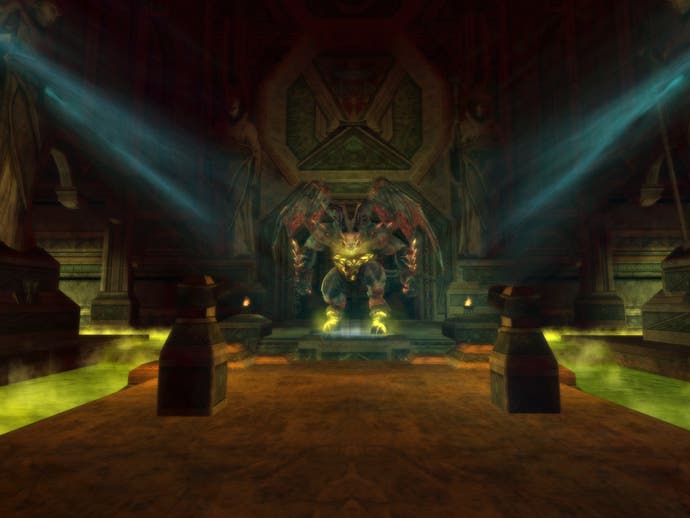
The Epic Quest line is broken up into books, the key parts of which are instanced. The instances are all singularly well-written and in-line with the grim worldview of Tolkien lore; NPC heroes and damsels in distress don't always win or even survive, in fact they more often die or fall into corruption. Moreover, because the story instances are few and far between, there's always plenty of other players willing to help out with each one, handily as they normally require a full, well-balanced Fellowship (squad). A good Fellowship doing an Epic Quest instance, and using the conjunction system well, makes for great fun; it's a pity it's not the whole game.
It might be very familiar to EverQuest II players, but the conjunction system (otherwise known as Fellowship Manoeuvres) really brings the team combat to life. Only certain classes can trigger it in combat, but it's essential for efficient dungeon-running. Essentially, one player (normally a burglar) performs an action that gives everybody else the opportunity to join in. First, a big target board pops up for them that allows them to quickly switch targets; secondly, they have to choose from four coloured buttons (red is direct damage, yellow damage over time, green heals, yellow) that pop up on screen within six seconds. If a whole fellowship (that is, six players) joins in and provides a recognised series of colours, then something spectacular happens; a lazy fellowship hitting all reds will summon an Ent spirit to bury their enemy for massive direct damage, a clever fellowship can try YBRGYB for a conjunction called Dawn on the Deep and a whole host of combined effects. These skills are essential for taking down elite enemies and instance bosses and are plain spectacular to use.
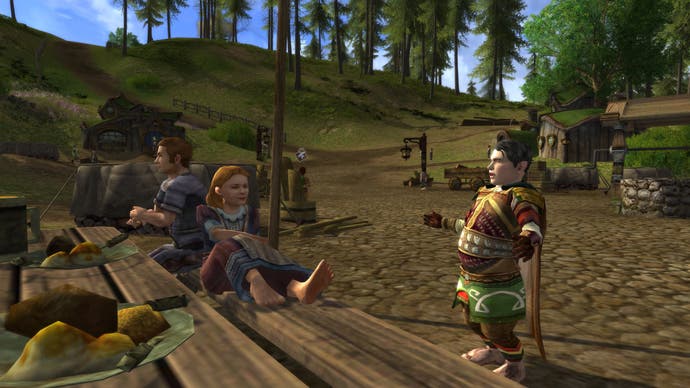
Older areas, like the badly-designed Angmar (which Turbine admitted was surprisingly full of pigs, and devoid of orcs), have been reworked. Indeed, there's so much new content in here you have to wonder what Turbine can add to the world with its first big expansion. Thankfully, it's already been announced as the Mines of Moria which, being really early in the books, shows up quite how far the tale still has to go - at this rate, the story should be finished by the end of 2010. What will happen when they finish? Well, if they buy the rights to the rest of Tolkien's work, there's literally thousands of years of flashbacks for the devs to visit, including the sunken land of Numenor, amongst other places. If they don't, they can always just add depth to the world they've already created.
At the time of writing, the Spring Festival has taken over The Shire. Like St Patrick's Day, it appears to be mainly about booze, with new quests including a pub crawl around the whole Shire and a drunken balancing-on-a-fence-when-seeing-treble minigame. The fact that this is limited just to the Hobbit areas makes it very likely we're going to see an Elven summer festival, a human harvest festival and a Dwarvish Samhain (there were summer and harvest festivals last year, but they were again hobbit-orientated, indicating an unhealthy obsession with the hairy-footed ones). Of course, the gimmicks don't stop there, as any player in the game can play a selection of instruments using the keyboard as, well, a keyboard. New instruments have been introduced since the game came out ("more cowbell" gives you a hint as to one of them), but most people haven't invested the time to learn to jam properly or have turned off player music, so this particular gimmick has fallen by the wayside.





